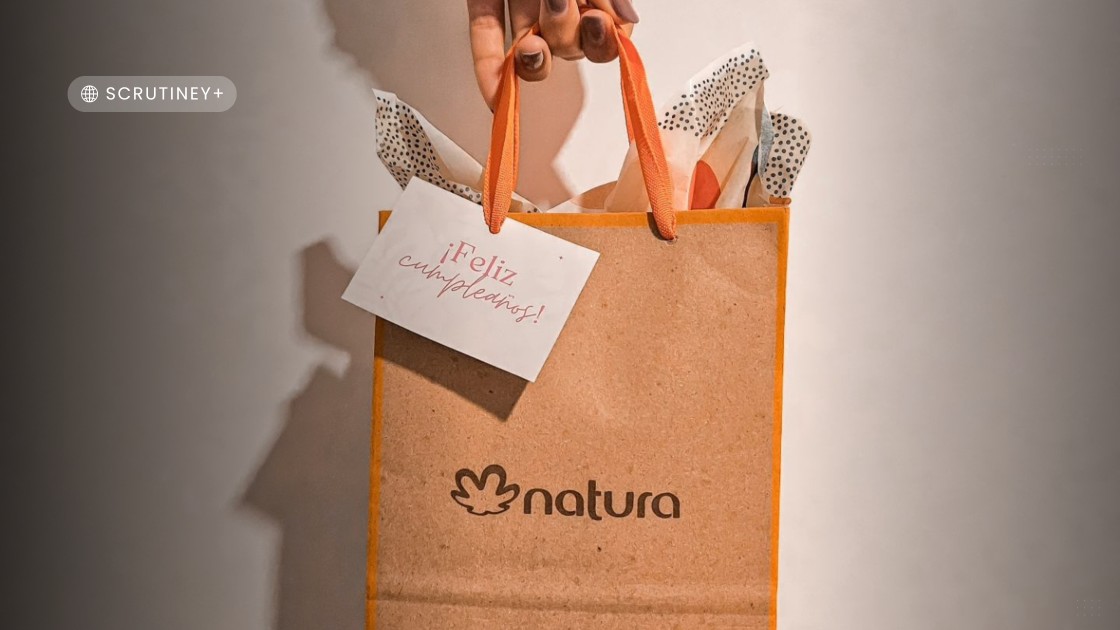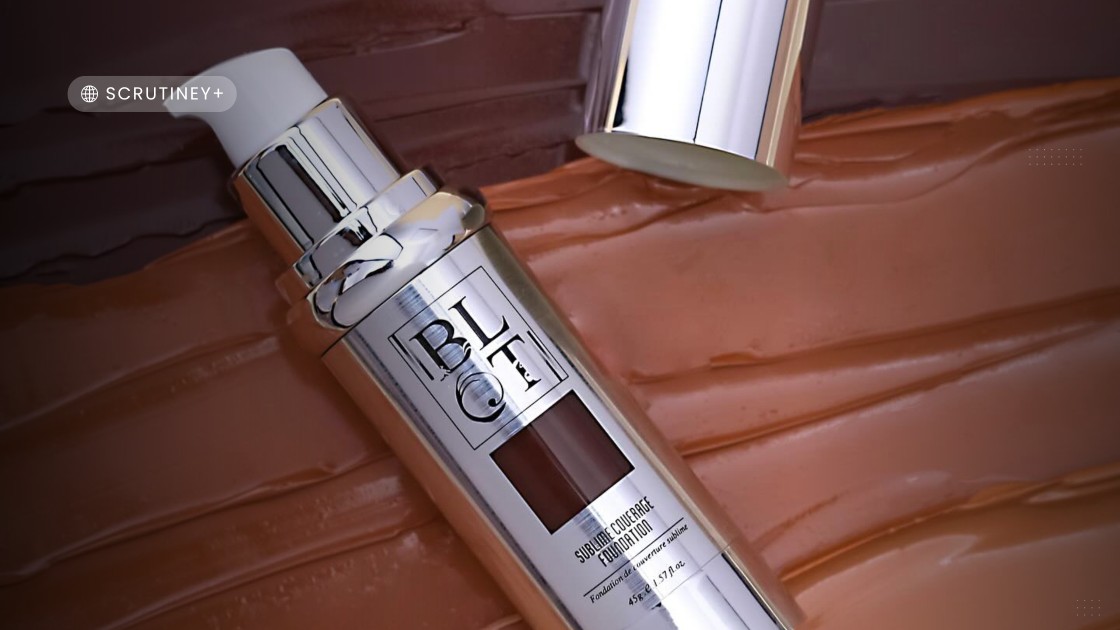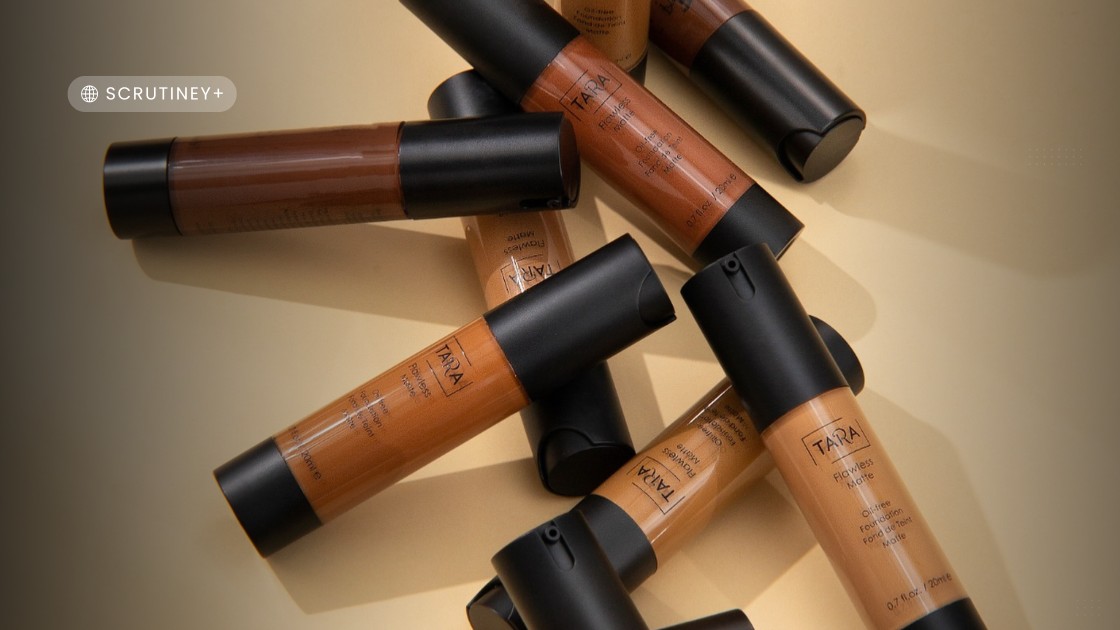Natura &Co is a global, purpose-driven cosmetics group that unites some of the most recognizable brands—Natura, Avon, The Body Shop, and Aesop. Operating in over 73 countries, it connects over 200 million clients through nearly 7 million consultants, 900 stores, and 22,000 employees. This ambitious reach is underpinned by a commitment to blending economic success with positive social and environmental impacts.
Natura &Co sees itself not just as a player in the beauty industry but as a symbol of change. Their marketing strategies resonate with modern consumers’ values of sustainability, diversity, and community development, setting them apart in a crowded market.
A Legacy of Commitment to the Environment and Social Responsibility
Founded in 1969 by Antônio Luiz Seabra in São Paulo, Brazil, Natura began with a vision to create products that enhance well-being while fostering a harmonious relationship with nature. The company made history in 2014 by becoming the first publicly traded company certified as a B Corp, reflecting its commitment to transparency and ethical practices.
Case Study: The Body Shop’s Activism
Natura &Co’s strategy mirrors The Body Shop’s activism, known for its campaigns against animal testing and commitment to fair trade. The Body Shop’s “Against Animal Testing” campaign garnered significant media attention and established a loyal customer base that values ethics in beauty.
Innovating with Life Cycle Thinking
Natura has implemented Life Cycle Thinking (LCT) to evaluate the environmental impacts of products throughout their entire life cycle. This systematic approach not only communicates sustainability but also aligns with consumers’ demand for transparency.
Brands can adopt LCT by assessing the environmental footprint of their products, from raw material extraction to disposal. For African beauty brands, this could mean sourcing indigenous ingredients sustainably and packaging products in eco-friendly materials.
Companies that innovate for sustainability will thrive. It’s not just about being green; it’s about being relevant.” – Paul Polman, former CEO of Unilever
Natura’s direct sales model empowers over 1.8 million consultants, particularly women, to become business owners. This personal connection fosters trust and brand loyalty.
Example: Avon’s Legacy Avon has a similar model, empowering women globally through direct sales. Its “Empowering Women” campaign has emphasized economic independence and has strengthened community ties.
Digital Transformation and Omni-Channel Strategy
Natura has embraced digital marketing, integrating e-commerce with traditional direct sales to offer a seamless customer experience. Their engagement on platforms like Instagram and TikTok aims to reach younger, digitally savvy consumers.
Strategic Acquisitions for Market Expansion
The acquisition of Avon Products in 2020 expanded Natura’s global market presence, reinforcing its commitment to sustainability and community empowerment.
Diversity and Inclusion as Core Values
Natura’s commitment to diversity and inclusion is evident in its marketing campaigns. By focusing on models of various ethnicities and body shapes, the brand embraces diversity as a core part of its identity.
Community-Centric Campaigns
Natura emphasizes community development, especially in the Amazon. Through partnerships with local communities, Natura promotes sustainable extraction of raw materials while ensuring fair wages.
Educational and Transparent Marketing
Natura educates consumers about ingredients and ethical sourcing practices, building trust and positioning itself as an authority in sustainability.
“Transparency is the new currency of trust. Brands that embrace it will foster deeper connections with consumers.” – Simon Mainwaring, CEO of We First
The Future of Sustainable Beauty in Nigeria
Nigerian beauty brands are uniquely positioned to drive change in the industry by committing to sustainability. As consumers become more conscious of their purchasing choices, companies that prioritize eco-friendly practices will stand out from the competition.
By following Natura &Co’s example and integrating sustainability into their business models, Nigerian brands can not only attract a loyal customer base but also contribute to a more sustainable future for the beauty industry.
As the demand for clean, green beauty grows, the time is now for Nigerian companies to make sustainability the heart of their brand story. From eco-friendly packaging to ethical sourcing, these steps aren’t just good for the planet, they’re good for business too.
What Can Nigerian Beauty Brands Learn from Natura &Co?
As environmental awareness grows in Nigeria, there is a clear opportunity for local beauty brands to tap into the sustainability movement. Here are some practical steps Nigerian beauty companies can take to follow Natura &Co’s lead:
- Eco-Friendly Packaging: One of the easiest ways to demonstrate a commitment to sustainability is through packaging. Using recyclable, biodegradable, or reusable materials can significantly reduce a brand’s environmental footprint. This also appeals to eco-conscious consumers who are keen to minimize waste.
- Responsible Ingredient Sourcing: Like Natura &Co’s work with Amazonian communities, Nigerian brands can focus on sourcing locally and sustainably. Ingredients like shea butter or baobab oil, which are native to Africa, can be ethically harvested while supporting local economies.
- Transparency in Production: Today’s consumers are looking for more than just a product; they want to know the story behind it. Nigerian brands that are open about their production processes—whether it’s cruelty-free testing or the use of renewable energy in manufacturing—can build stronger connections with their customers.
- Engage in Environmental and Social Causes: Like Natura &Co, which has made strides in environmental preservation and community development, Nigerian beauty brands can make a tangible difference by investing in causes that resonate with their values. Supporting local conservation efforts or empowering women through employment in rural areas are powerful ways to align with sustainability.
Conclusion
Natura &Co has proven that sustainability and business success are not mutually exclusive. By building their brand around environmental and social responsibility, they’ve earned the loyalty of consumers who care deeply about the impact of their beauty choices.
Natura &Co exemplifies what it means to be purpose-driven. Through innovative marketing strategies emphasizing sustainability, diversity, empowerment, and transparency, the brand has carved out a powerful identity. By connecting deeply with today’s consumers, Natura ensures long-term loyalty and growth, inspiring a new generation of ethical beauty brands across Africa and beyond.
For Nigerian beauty brands, there is a clear lesson to be learned: sustainability isn’t just a trend; it’s a necessity. The brands that rise to the challenge and commit to ethical practices will be the ones that thrive in the future.
References
- The Body Shop. (2020). “Against Animal Testing Campaign.”
- Unilever. (2019). “Sustainable Living Plan.”
- Avon. (2020). “Empowering Women Campaign.”
- https://www.lifecycleinitiative.org/natura-how-life-cycle-thinking-is-boosting-a-brazilian-cosmetics-firm/
- https://believe.earth/en/how-natura-became-an-even-more-sustainable-company/
- https://www.naturaeco.com/who-we-are/
- https://www.naturabrasil.fr/en-us/about-natura/natura-around-the-world#:~:text=It%20has%20production%20plants%20in,and%20New%20York%20(USA)



